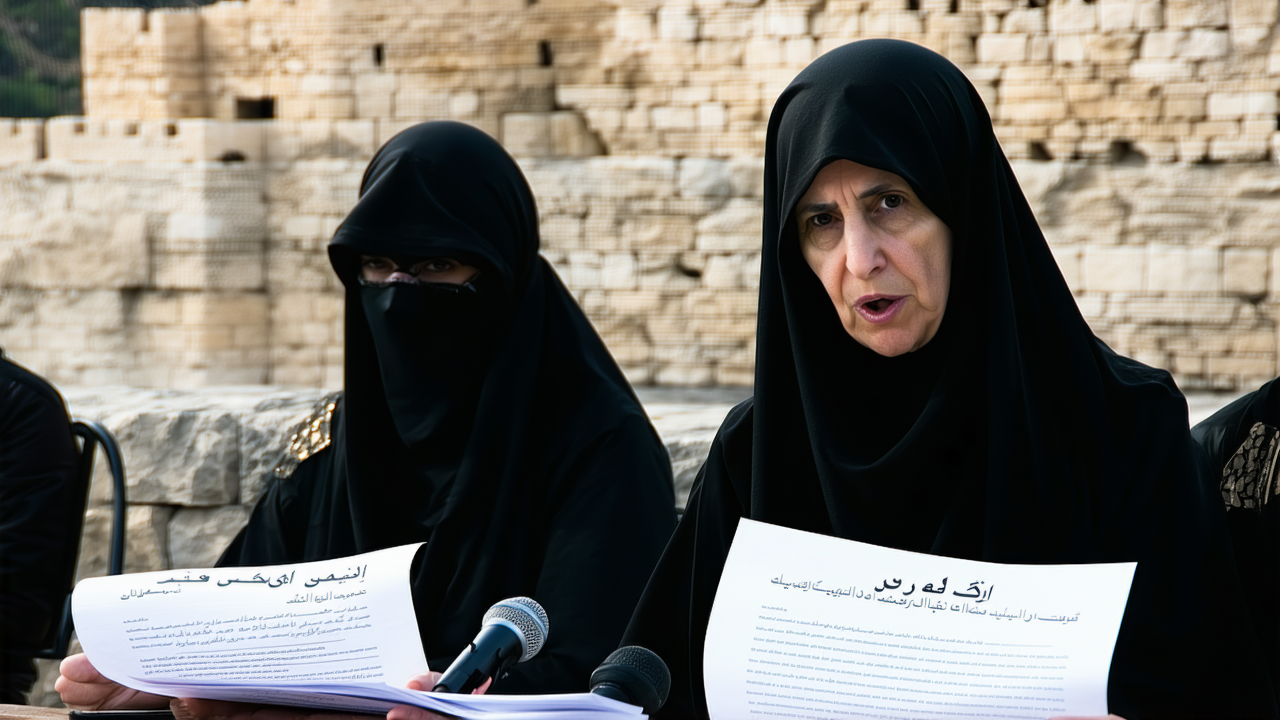Two Israeli Rights Groups Accuse Israel of Genocide in Gaza
Two Israeli Rights Groups Accuse Israel of Genocide in Gaza
By Charlotte Greenfield and Emily Rose, Reuters
Two Israeli human rights organizations have made a historic and shocking accusation — that Israel is committing genocide against Palestinians in Gaza. This is the first time major Israeli voices have openly leveled such a charge against the state, which has consistently denied the allegations. The organizations, B’Tselem and Physicians for Human Rights Israel, released their findings during a press conference in Jerusalem on Monday (local time).
B’Tselem’s executive director, Yuli Novak, stated, “The report we are publishing today is one we never imagined we would have to write. The people of Gaza have been displaced, bombed and starved, left completely stripped of their humanity and rights.”
Physicians for Human Rights Israel focused on the destruction of Gaza’s healthcare system, describing Israel’s actions as “calculated and systematic.”
The Israeli government has long denied the accusations, with a spokesperson calling the claims “baseless.” They argue that the massive scale of aid delivered to Gaza — over 1.9 million tons, much of it food — contradicts any intent of genocide.
Accusations of genocide carry particular weight in Israel due to the term’s origins in Jewish legal scholarship following the Holocaust. The 1948 Genocide Convention defines the crime as “acts committed with intent to destroy, in whole or in part, a national, ethnical, racial or religious group.”
Israel launched its war in Gaza after Hamas-led fighters attacked Israeli communities on October 7, 2023, killing over 1,200 people, mostly civilians, and taking 251 hostages. Since then, the conflict has resulted in nearly 60,000 deaths in Gaza, mostly civilians, and has left the region in ruins.
While Israel insists its actions are justified as self-defense, it has also blamed Hamas for the deaths of civilians, citing the group’s refusal to release hostages and its operations in civilian areas.
International attention to the humanitarian crisis in Gaza has intensified, with UN agencies warning that the territory is running out of food for its 2.2 million residents. Israel has allowed some aid to enter, but has imposed restrictions, claiming they are necessary to prevent supplies from reaching Hamas fighters. In recent days, Israel has announced measures to increase aid, including pausing fighting in some areas and allowing airlifts of food.
Israeli media coverage has largely focused on the plight of Israeli hostages, with less attention given to Palestinian civilians. However, recent images of starving children have begun to shift the narrative, albeit slowly.
Despite the growing international concern, many Israelis continue to believe that Hamas is to blame for the current crisis. As journalist Sever Plotzker wrote in an editorial, “The Israeli public now interprets the destruction and killing in Gaza as a deterrent retaliation and therefore also morally legitimate.”
Amid the controversy, Holocaust memorial chairman Dani Dayan acknowledged the suffering of Gazan civilians, stating, “Their anguish is real, and our moral tradition obligates us not to turn away from it.”
This unprecedented accusation by Israeli rights groups marks a significant turning point in the ongoing conflict, one that will likely have lasting implications for both Israel and the international community.
